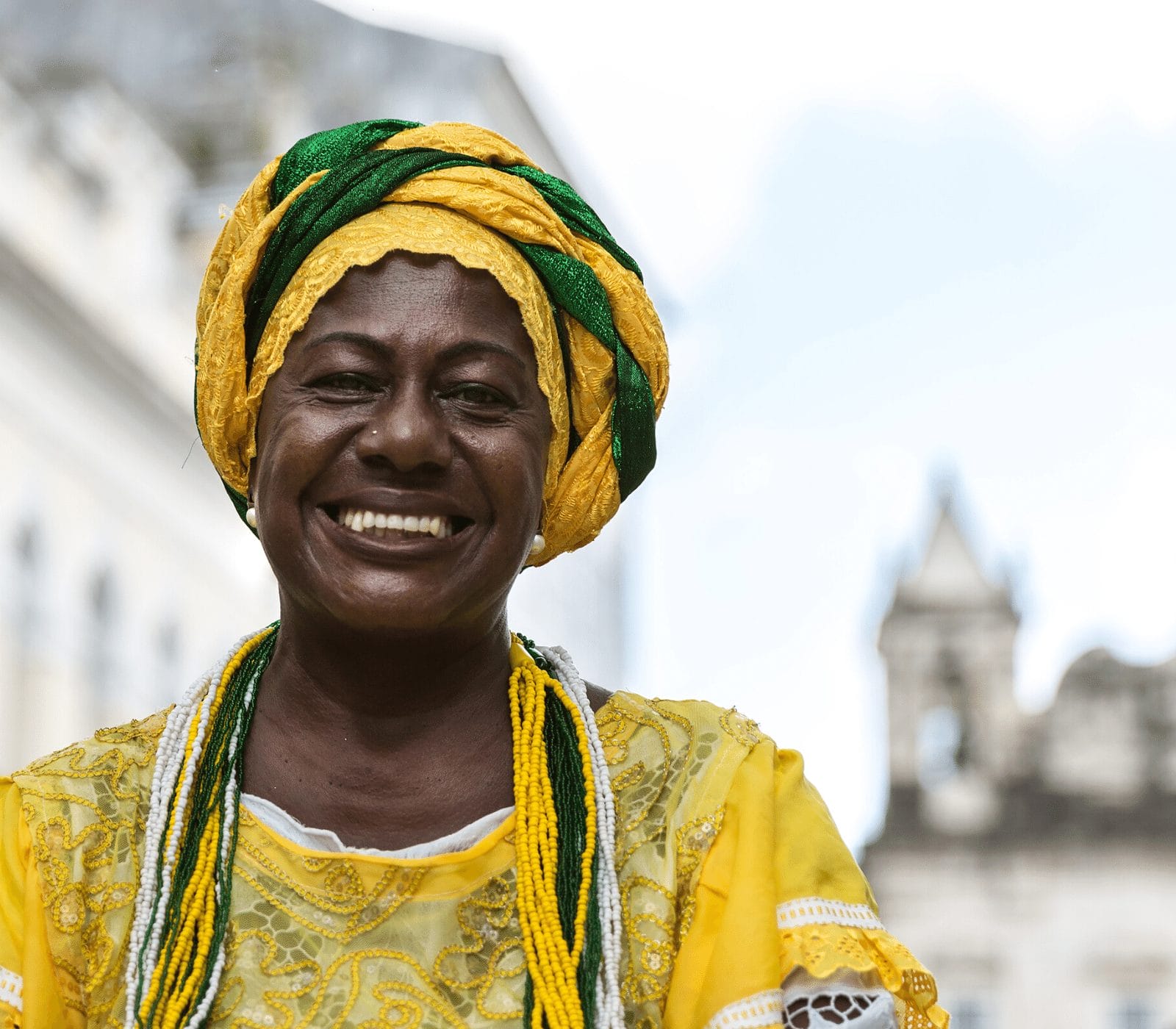Celso de Carvalho – Roots and Antennas

I love the expression “Roots and Antennas.” We are already connected, our antennas are on, the world is in every home, every cell phone. What we need is to deepen our roots, to really know our history deeply, to value our cultural heritage, so that we can dialogue with all peoples, but based on our local cultural wealth.
Populations that have to seek to deepen a solid cultural base don’t consider the Internet and the Globalization process as a threat, but as a great opportunity to promote and expand the reach of their cultural expressions and Identity throughout the planet.
OMTimes: The new Brazilian government is bringing some angst and worries to the International community, especially now after recent events such as the fires in the Amazon and displacement of various Native Brazilian-Indian Tribes. Are you hopeful that the Indigenous cultural patrimony will be respected and even preserved by this new alt-right government? What would you like to see as the cultural and educational directive in Brazil today?
Celso de Carvalho: I see with great concern the advances on the Amazon rainforest, but I do not agree when you say that the Amazon fires are a recently developed phenomenon; It is not. The destruction of the forest has been happening for a long time. It should have been addressed decades ago, but I believe it is never too late for a definitive action to be taken.
I have hopes that the indigenous traditions will be strengthened, after all, they are the authentic Brazilians, owners of a cultural heritage that ultimately distinguishes us.
OMTimes: How do you evaluate the role and the impact of Brazilian culture in the broader context of South American culture? What are, in your opinion, the points of intersection and the ones of divergencies?
Celso de Carvalho: I currently see Brazil’s virtual cultural boundaries as Latin America being torn down. In fact, we had walls that separated us more in the past, mainly due to language differences. In recent years, I realize that we increasingly know the culture of every Latin American people, and they know ours. There have been more and more exchange of ideas, rhythms, styles, and cultural productions. It is a path of no return that had strengthened us, provided that there would not be a predatory advance of one cultural expression over another.
In the field of entertainment, I see that there is a preeminent interest in promoting, mixing, creating music with participation of Brazilian and other Latin American artists, especially when related to funk and reggaeton styles from Rio De Janeiro. Perhaps this may lead to poor cultural uniformity in the future, so I hope the movement in the artistic field will be more powerful and create new, stronger and more authentic expressions that will enable future Latin Americans to enjoy, exchange and preserve their rich cultural treasure.
[1] In colonial Brazil, most of the non-enslaved population was initially mestiço de Indio, i.e., mixed Portuguese and native Brazilian.
Connect with Celso de Carvalho at https://www.facebook.com/celso.decarvalho
OMTimes Magazine is one of the leading on-line content providers of positivity, wellness and personal empowerment. OMTimes Magazine - Co-Creating a More Conscious Reality




